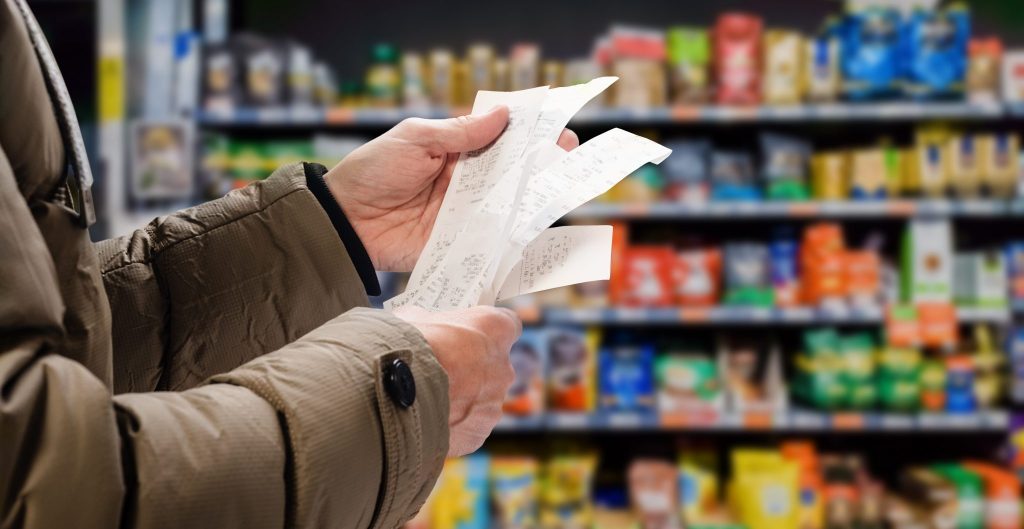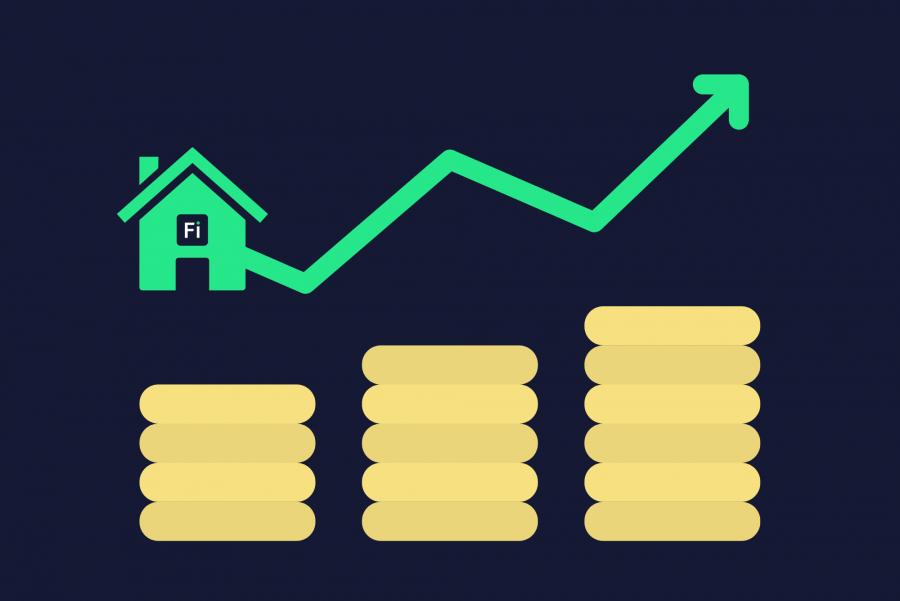Given the estimated real GDP growth and a deflator (internal and external inflation effect), which is estimated at 7.0%, nominal GDP would increase by 9.4% in 2022, compared to 17.0% in 2021; and would rise to some US$31,440 billion.

It also explains that the country faces high inflation mainly due to the rise in prices of imported raw materials and oil, the high income from family remittances, high public spending, and the strong expansion of domestic credit.
:quality(85)//s3.amazonaws.com/arc-wordpress-client-uploads/infobae-wp/wp-content/uploads/2016/12/28075051/iStock-472485878.jpg)
Also, another factor was the impact of storm Julia, which damaged a good part of the basic grains and vegetable crops, as well as part of the coffee crop.
The inflation rate reached 7.5% in october 2022, the highest in 25 years (1997 = 7.8%).

Likewise, it details that it is largely explained by imported inflation, especially by an increase in fuel prices, as well as by the wide availability of resources, especially from remittances and the increase in credit by financial institutions.
The highest annual increases were recorded by:
- Food and non-alcoholic beverages: 12.8%.
- Household goods: 8.8%.
- Recreation and culture: 10.4%.
- Miscellaneous goods and services: 9.5%.
- Restaurants and hotels: 7.6%.
 English
English  Español
Español 
